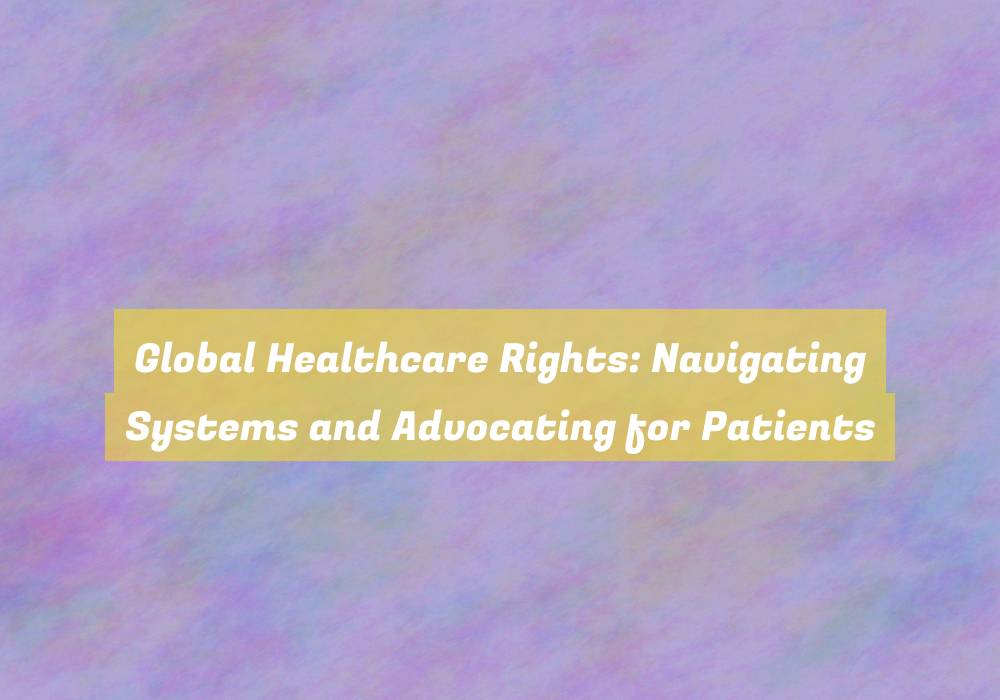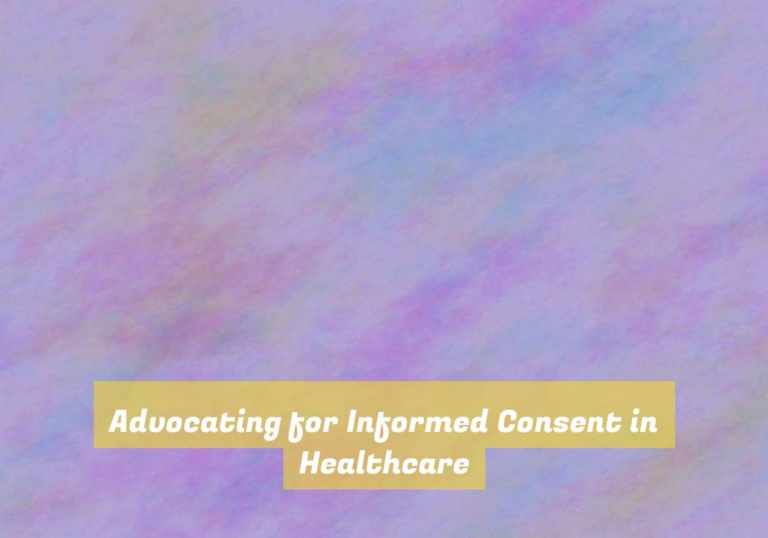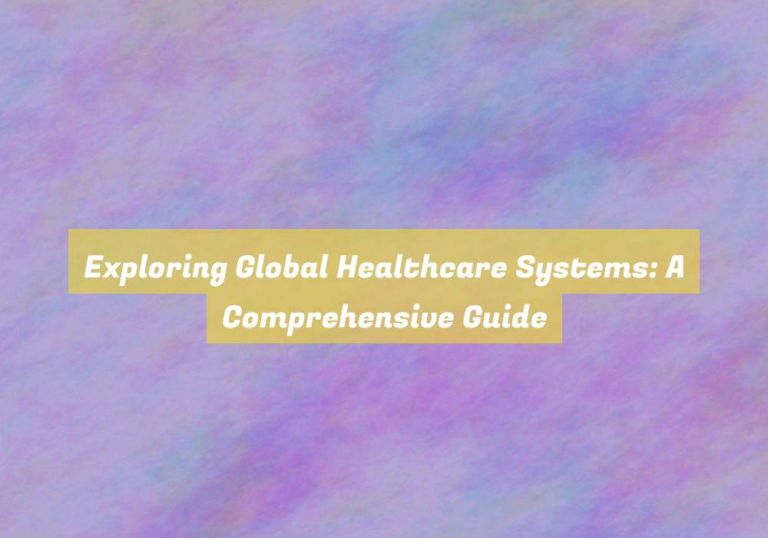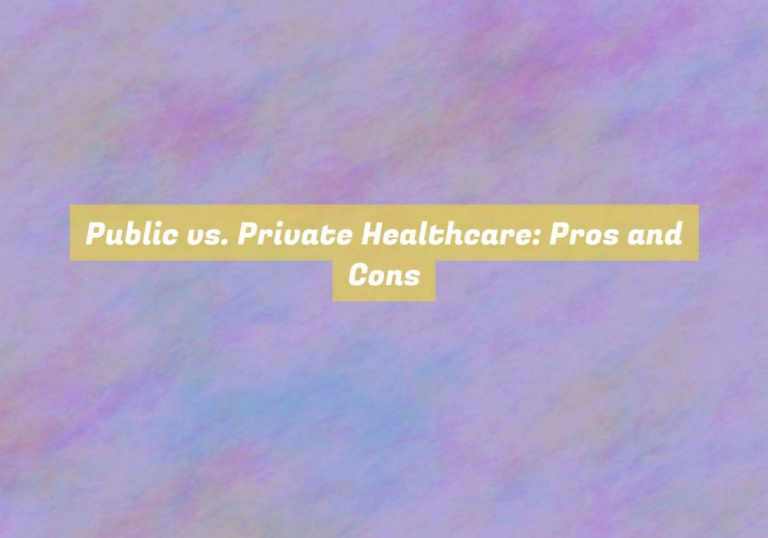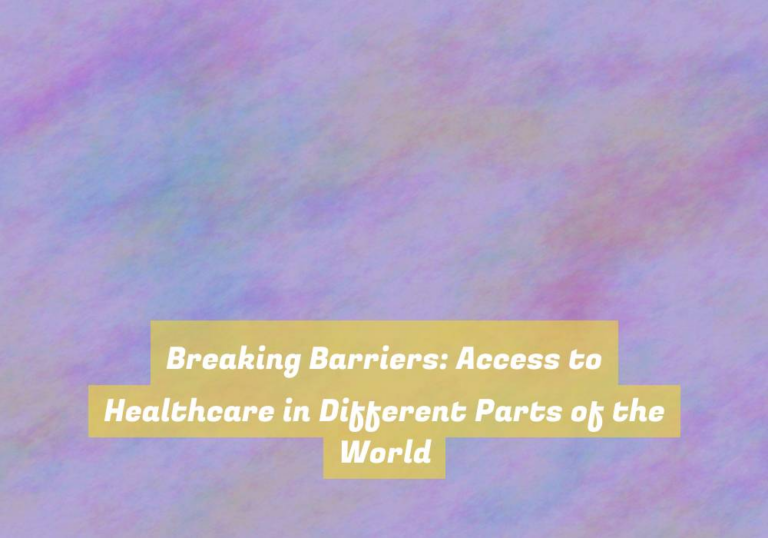Global Healthcare Rights: Navigating Systems and Advocating for Patients
As you stand at the crossroads of global healthcare, the pathways may seem daunting and complex, much like a maze of interconnected systems and policies.
Navigating the terrain of healthcare rights and advocating for patients can present a myriad of challenges, yet it is a crucial endeavor in ensuring equitable access to quality care for all.
From understanding the intricacies of various healthcare systems to actively championing for the rights of patients, this discussion will illuminate the critical role of advocacy and policy navigation in the pursuit of global healthcare equity.
Understanding Global Healthcare Systems
To understand global healthcare systems, you should first examine the various models and structures in different countries. Each nation has its own approach to healthcare delivery, financing, and regulation.
For example, the United Kingdom has a publicly funded National Health Service (NHS) that provides comprehensive healthcare to all residents, while the United States relies heavily on private insurance and a mix of public programs like Medicare and Medicaid.
In contrast, Germany utilizes a social health insurance model that combines employer and employee contributions to fund healthcare for all citizens. Meanwhile, in countries like Canada and Australia, a single-payer system ensures universal coverage for essential medical services.
Advocating for PatientsG?? Rights
Advocating for patientsG?? rights is critical in ensuring equitable access to healthcare, especially considering the diverse global healthcare systems and their varying approaches to delivery and financing.
As a patient, you have the right to be actively involved in decisions about your healthcare. This includes the right to access your medical records, participate in treatment decisions, and be informed about potential risks and benefits.
Advocating for your rights may involve seeking a second opinion, voicing concerns about the quality of care, or requesting clarification on treatment options.
ItG??s important to be informed about your rights within your specific healthcare system, as they can vary widely from country to country.
Additionally, if you encounter barriers to accessing healthcare or feel that your rights are being violated, you have the right to seek recourse through formal channels such as patient advocacy groups, ombudsperson services, or legal representation.
Navigating Healthcare Policy
Understanding healthcare policy is crucial for navigating the complexities of the healthcare system and making informed decisions about your medical care. Healthcare policy encompasses a wide range of regulations, laws, and guidelines that shape the delivery and accessibility of healthcare services. As a patient, being familiar with healthcare policy empowers you to advocate for your rights, access necessary treatments, and understand the implications of various policies on your health.
Navigating healthcare policy involves staying informed about changes in healthcare laws, insurance coverage, and government programs that may impact your access to care. It also requires understanding how healthcare decisions are made at local, national, and international levels. By staying informed about healthcare policy, you can actively participate in discussions about healthcare reform, contribute to shaping policies that affect patient care, and ensure that your rights as a patient are protected.
Furthermore, understanding healthcare policy can help you navigate the complexities of insurance coverage, medication access, and medical treatment options. It equips you to make informed decisions about healthcare providers, treatment plans, and preventive care measures. By understanding the intricacies of healthcare policy, you can effectively advocate for yourself and others, ultimately contributing to a more patient-centered and equitable healthcare system.
Ensuring Equitable Access
With the goal of promoting fair and equal healthcare opportunities for all, itG??s essential to address barriers that hinder access to medical services. One significant barrier to equitable access is financial constraints. Many individuals and families face difficulties in affording healthcare, leading to delayed or inadequate treatment. To ensure equitable access, itG??s crucial to implement policies that provide financial assistance, such as subsidies or insurance coverage, particularly for low-income populations.
Another obstacle to equitable access is the geographical distribution of healthcare facilities. Rural and remote areas often lack sufficient medical resources, forcing residents to travel long distances for essential care. Addressing this challenge requires strategic planning to improve the distribution of healthcare services, including mobile clinics or telemedicine initiatives that can reach underserved communities.
Furthermore, language and cultural barriers can impede access to healthcare for immigrant and minority populations. Providing language interpretation services and culturally sensitive care can help bridge these gaps and ensure that all individuals can easily navigate and access the healthcare system.
Conclusion
As a global healthcare advocate, itG??s crucial to understand the various systems in place and to advocate for patientsG?? rights. Navigating healthcare policy and ensuring equitable access is essential for providing quality care to all individuals.
By staying informed and actively advocating for change, you can make a positive impact on the global healthcare landscape. Keep fighting for the rights of patients everywhere and continue to push for better healthcare systems worldwide.

